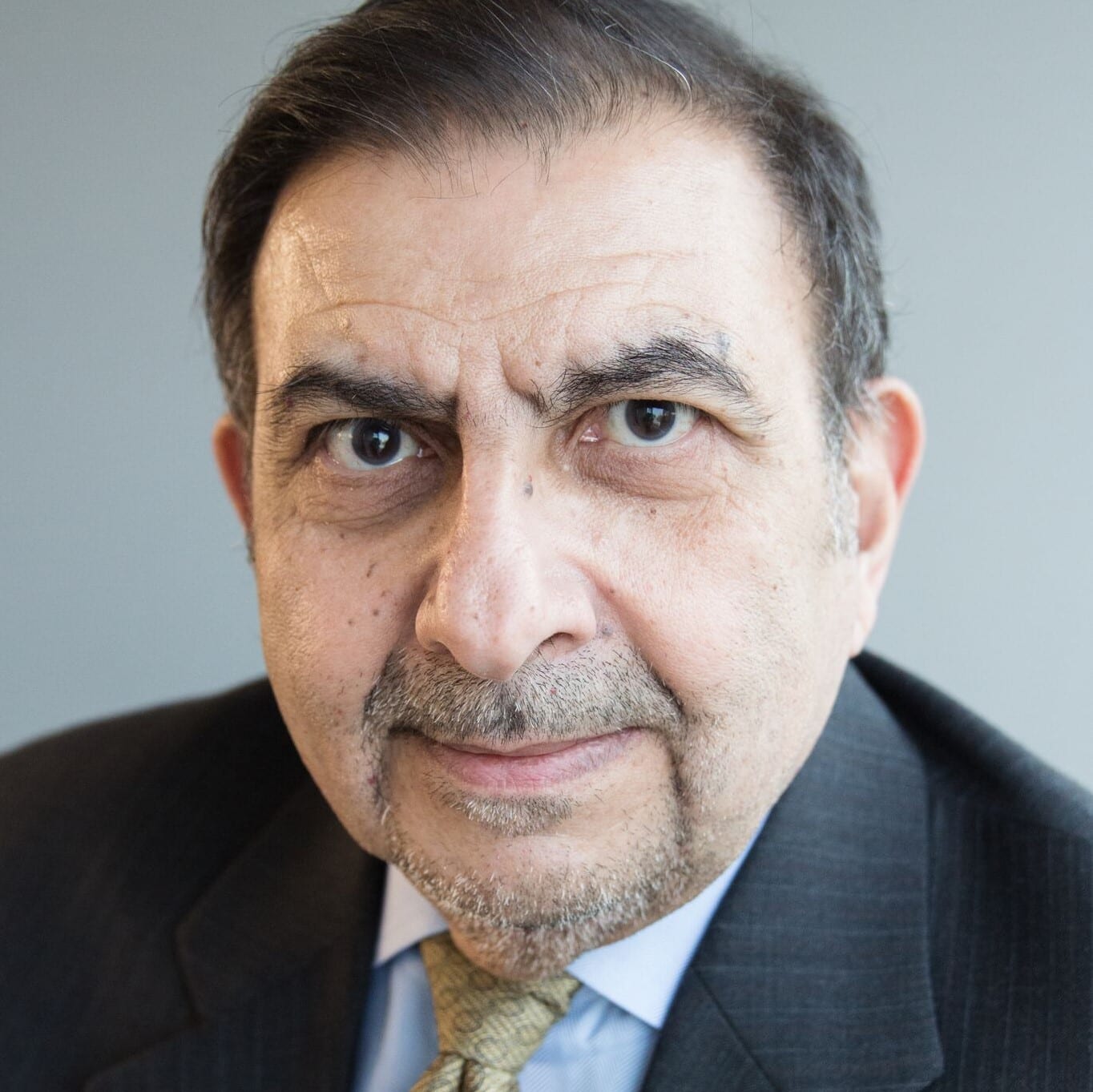The recent resignation of George David Banks, Special Assistant to the President for International Energy and Environment, likely marks the final break with the Paris Climate Accords and a further shift towards an even stronger deregulatory regime at EPA, and the Departments of Interior and Energy. Early in the year, the New York Times interviewed Mr Banks on the April 2016 UN Paris Climate Agreement signed by Obama Administration, “The Paris agreement is a good Republican agreement. It’s everything the Bush administration wanted. The climate agenda is not going to go away any time soon, and if you’re not engaged aggressively, actively, there are going to be policies that are detrimental to the United States,” he said.
Mr Banks departure presaged the resignation of other high White House officials, such as Gary Cohn, the President’s influential Director of the National Economic Council, who also shared with Mr Banks a more supportive posture on climate change and various pro environmental polices of previous US Administrations. Unlike Mr Banks with a background at State and the CIA and who served from the beginning of the Trump Administration in February 2017, his successor may be chosen from the private sector, possibly with military experience.
Such a selection would more closely align to the President’s own predispositions on energy, as well as having greater understanding of energy related international trade and security issues.

Author
Paul Michael Wihbey is a Research Fellow, Geopolitics of Energy & Natural Resources at the Daniel Morgan Graduate School of National Security. He was born in the US and raised and educated in Montreal. He has honorably served both nations in various capacities, from leading a Canadian Parliamentary delegation to Lebanon, to energy related war-gaming lectures at the United States Marine Corps University, Command and Staff College, Quantico Virginia.
He is a respected strategic planner and initiator of energy-related projects, including FirstEnergy Capital/Societe Generale quarterly journal on Geopolitics of Energy, Calgary Alberta. He is a published author on the future of global oil, Adjunct Professor at Emerald Energy Institute, Institute of Petroleum Studies, University of Port Harcourt, Nigeria, and an international keynote speaker at numerous energy conferences in the Persian Gulf, Africa, Asia, and Europe. He is also a former Vice President of the Liberal Party of Canada, under Prime Minister Pierre Elliot Trudeau.

